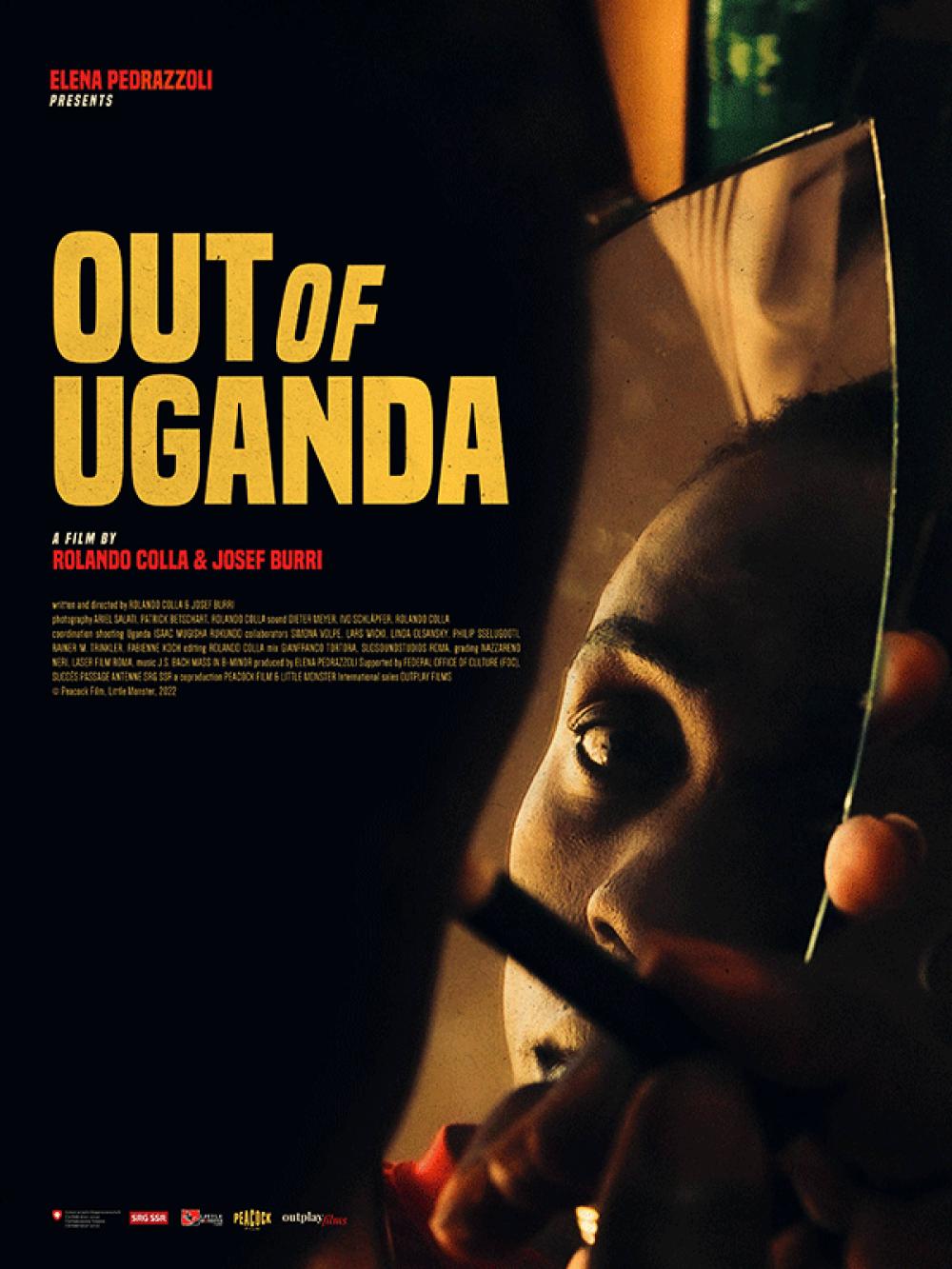OUT OF UGANDA
| 2023 |
 |
Dokumentarfilm, 65 Min.documentary, 65 min. |
| Director Statement |
Directors note
Nobody wants to leave their home country, unless you are gay, lesbian or trans. Unless you are suffering persecution because of your sexual identity or orientation. Unless you are banished from your family, your place of residence, your place of work, again and again. Unless you are the victim of brutal aggressors. Unless you have to fear for your life.
This film project was born out of a curiosity about refugees from Africa seeking out support from “Queeramnesty” in Zurich. Their reason for fleeing was the homophobia in their homelands.
We met many of those affected to learn their stories. All these stories are worth being told. Most of them touch us profoundly. What if I were in their situation? It turned out that, although they spoke quite openly to us, they were afraid of talking in front of the camera. Just as we were starting to shoot, one of the protagonists pulled out of the project.
The situation for those affected is difficult. Most wait for months or even years for a decision on their asylum applications. This hinders their progress because they are not allowed to work during this period. They try to kill time and not get too downhearted.
The film, however, wants the exact opposite, to take a closer look and talk about it.
All concerned have personally experienced homophobia in their home countries. They are traumatised by it. Speaking about it is also painful. We’ve tried to give them a voice because most of us have no idea what it’s like to live in a gay-friendly but foreign country after so many sad experiences.
Above and beyond the personal destinies of the four protagonists, the film shows the fanatical blindness with which homophobic attitudes are expressed and disseminated. It shows the work of activists who never give up despite having to fight against great resistance. The best successes are achieved where dialogue is sought rather than confrontation. Many of the gay refugees look back on their families and friends with mixed feelings. We enquired not only about their motivation for and the circumstances of their escape and about their experiences in the new country. We also wanted to see what consequences a fleeing family member may have on the rest of the family. How do they suffer from the loss of a son or daughter? What do they expect from their relatives in the receiving country? And how does their relative’s escape and sexual orientation affect the social situation of the family at home?
Apart from the media spokesman of the Zurich Migration Office, only African people are heard in the film.
Our documentary is about them, not about us as the authors, nor about the know-it-alls. We don’t know the answers. We only ask the questions.
This also includes some of the protagonists’ relatives. Homophobia weighs like a curse on these families. They are subjected to an inhuman punishment that this film also hopes to participate in combatting. |
|

